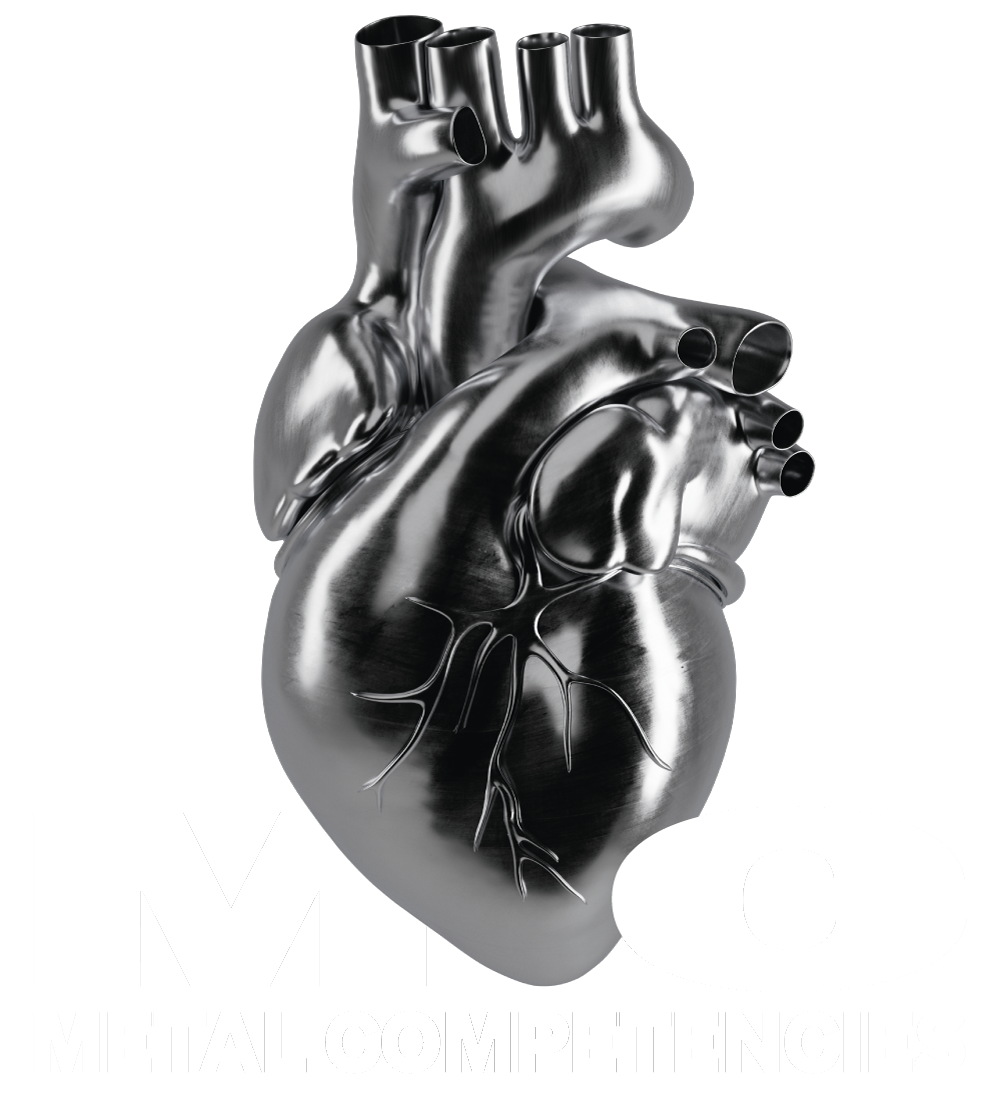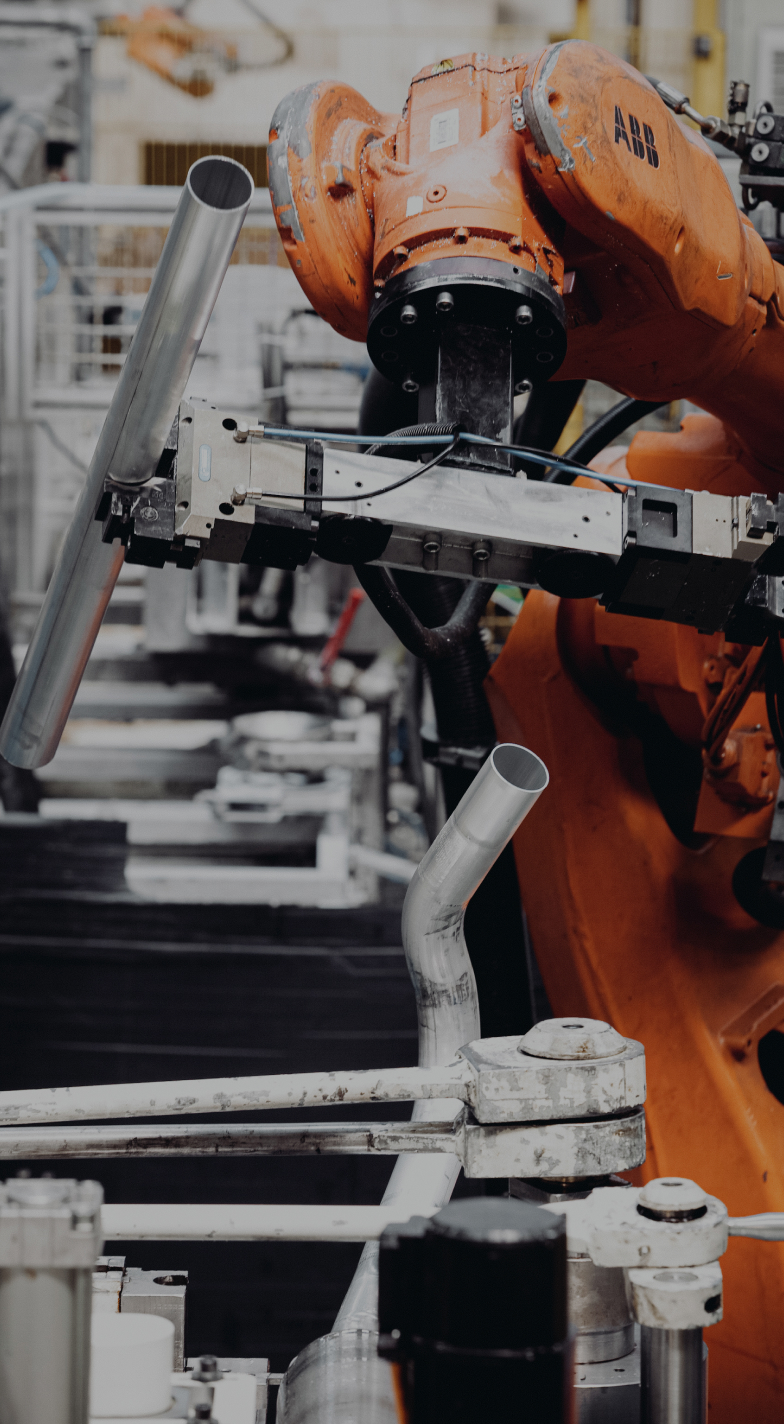Automotive Tubes
In the context of automotive tubes, liquid carrying parts are components that transport various types of fluids necessary for the operation and performance of the vehicle. Here are some examples:
- Fuel Lines: These carry fuel from the tank to the engine.
- Brake Lines: These carry brake fluid from the master cylinder to the brakes.
- Coolant Lines: These transport coolant to and from the engine and radiator.
- Power Steering Lines: These carry power steering fluid, which helps in the smooth operation of the steering system.
- Air Conditioning Lines: These carry refrigerant to and from the air conditioning system.
- Transmission Lines: These carry transmission fluid, which is crucial for the operation of the transmission system.
- Oil Lines: These transport engine oil to various parts of the engine for lubrication.
- Hydrogen Lines: These ensure the distribution of hydrogen at low pressure from hydrogen regulator at the hydrogen tanks to the fuel cell processing system.
- High Pressure Fuel Delivery Module Systems: This modular fuel delivery system accommodates the entire range of TI Fluid System DC and BLDC Fuel Pumps.
These parts are designed and manufactured to meet the complex assembly, design, and performance challenges of today’s vehicles. They utilize a wide range of materials and manufacturing processes to improve performance, maximize durability, and optimize packaging and installation.
Metal Competencies supports you in:
- Planning & Production
- Feasibility and simulation
- Industrialization
In the demanding world of automotive engineering, precision manufacturing reigns supreme, especially when it comes to the seemingly simple components like tubes. These tubes play a critical role in various safety systems, engine performance, and overall vehicle function. Even minor inconsistencies or imperfections in their construction can have major consequences.
For instance, brake lines and fuel lines are the lifeblood of a car’s safety systems. Any leaks or ruptures caused by imprecise tubing can lead to catastrophic malfunctions, compromising braking power or causing fuel fires. Similarly, engine performance relies on the precise dimensions of intake and exhaust manifolds to ensure optimal airflow. Deviations from these specifications can disrupt airflow, reducing fuel efficiency and power output. Therefore, precision manufacturing ensures the tubes are made from high-quality materials and meet strict tolerances. This translates to reliable performance, unmatched durability in harsh automotive environments, and ultimately, the safety of drivers and passengers.



